
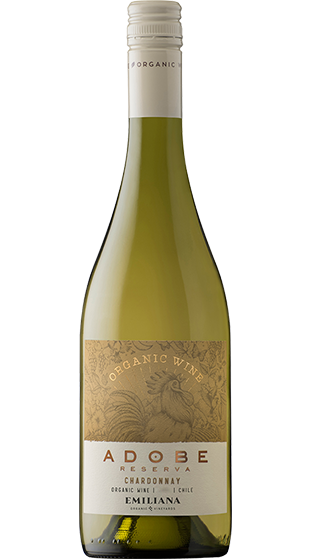





 DELIVERY
DELIVERY
 STORES WITH STOCK
STORES WITH STOCK

In 2023, Emiliana gained international accreditation for regenerative organic agriculture to join other global companies committed to the fight against climate change. (ROC®) represents the highest standard of sustainable agriculture in the world, pursuing healthy soils, animal welfare and dignity for workers. To apply for ROC certification, a company must first have Organic and Fair-Trade certification.
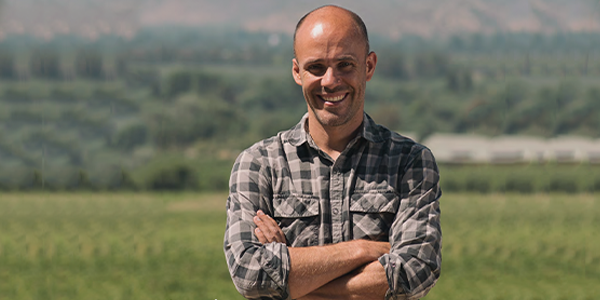
Sustainability Manager Sebastian Tramon states, ‘At Emiliana we believe that the commitments to sustainability must be certified. What we do is real and to strict standards in an ongoing commitment to organic agriculture acquired 25 years ago. We are the biggest organic winery on the planet to have this certification, allowing us to focus on what is really important relating to soil management, how people are treated and the conditions in which the collaborators participate.’
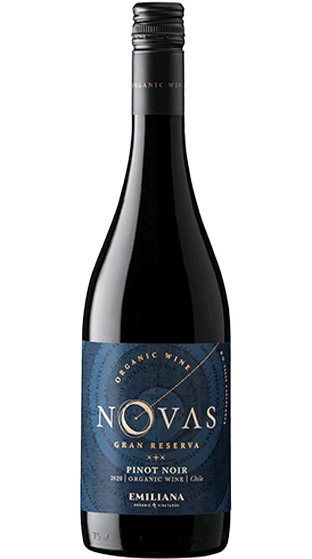





 DELIVERY
DELIVERY
 STORES WITH STOCK
STORES WITH STOCK
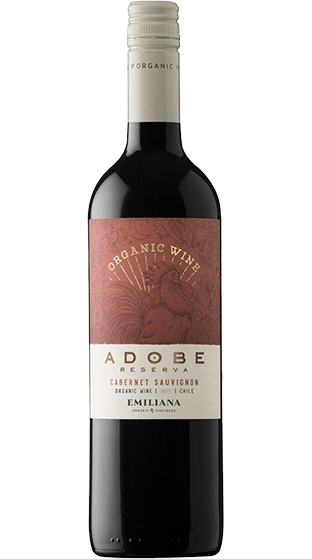




 DELIVERY
DELIVERY
 STORES WITH STOCK
STORES WITH STOCK
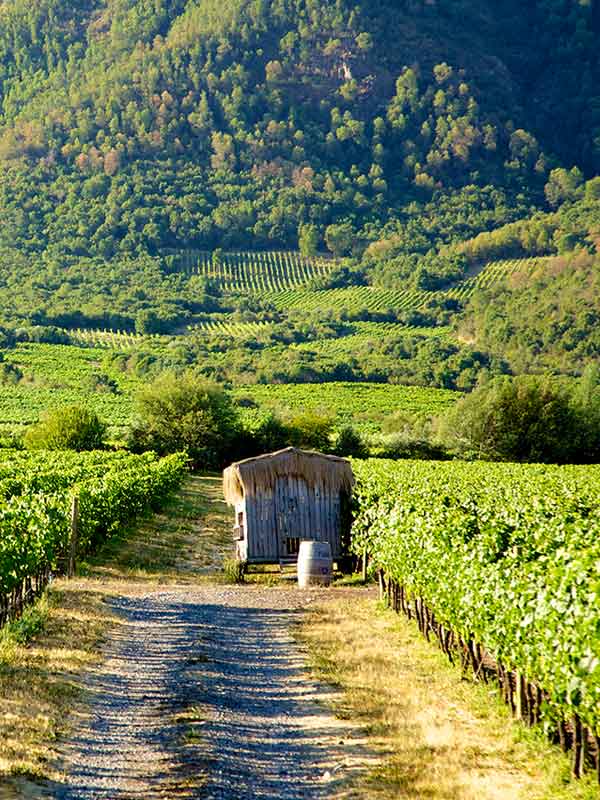
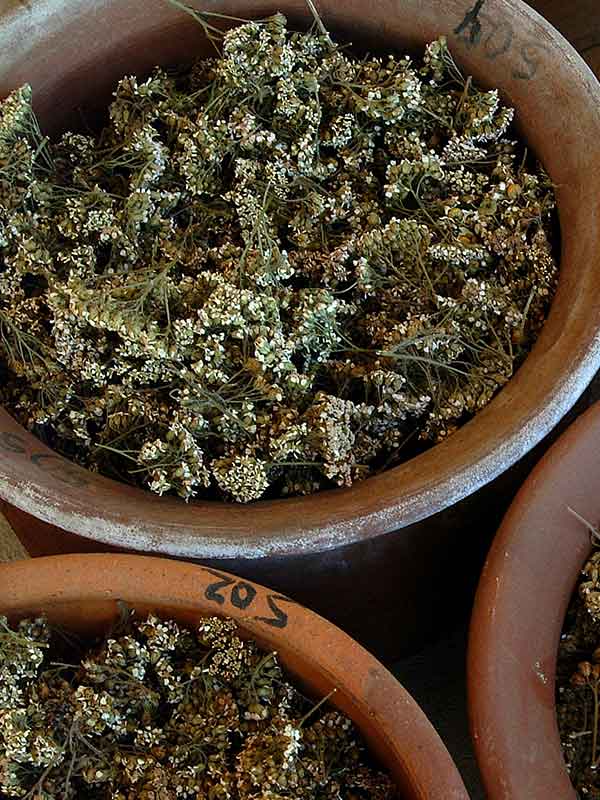
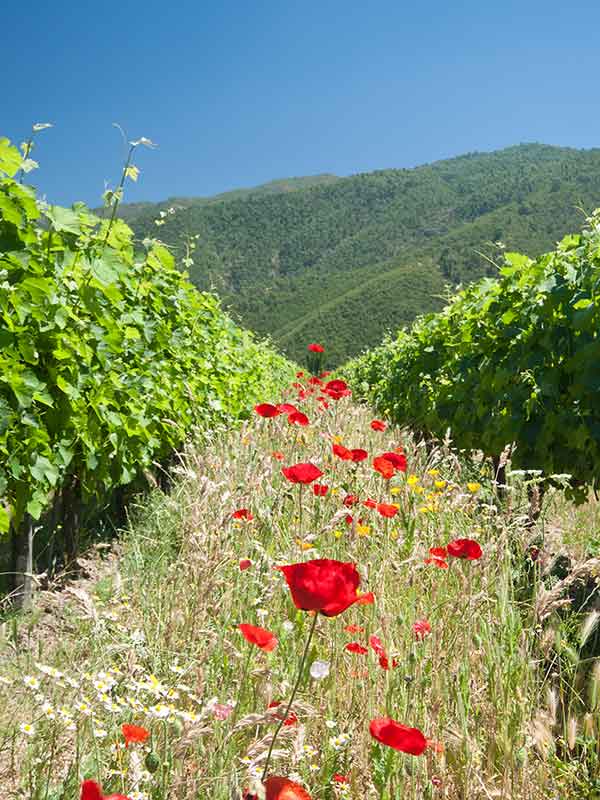
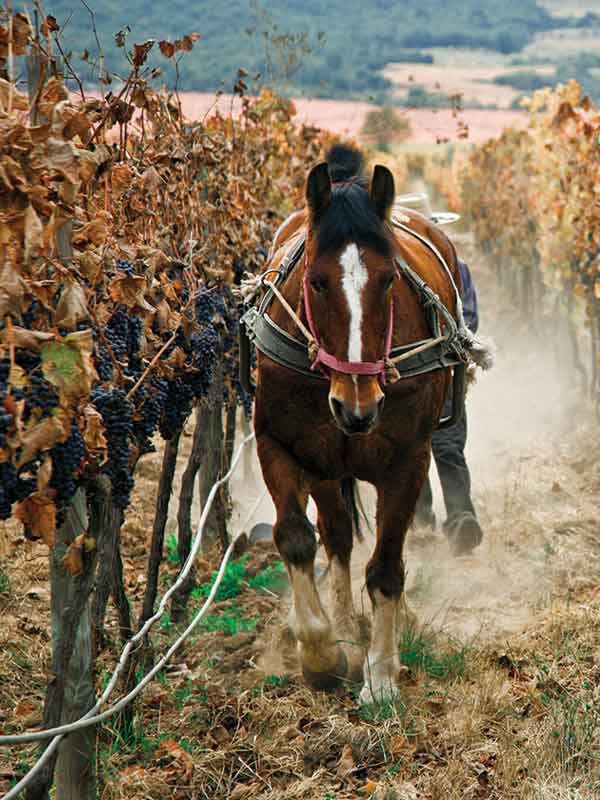

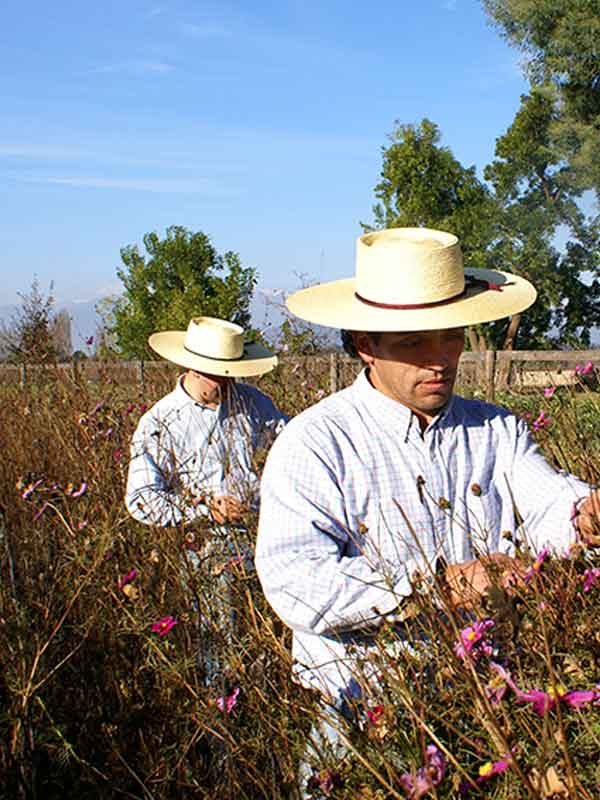
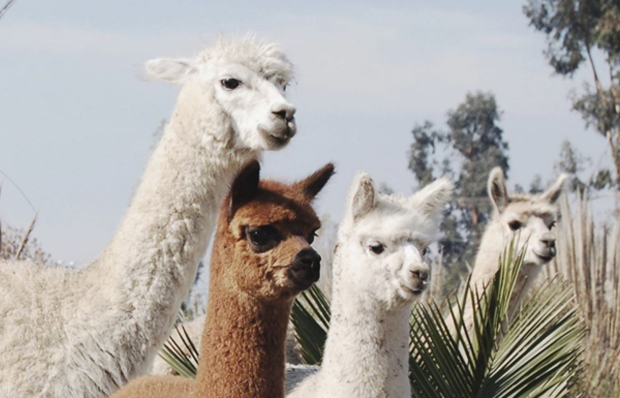

 Biodynamic
Biodynamic  Oak-Lite: Lean, Mean and Minerally Inclined
Oak-Lite: Lean, Mean and Minerally Inclined Organic Wines
Organic Wines Vegan Friendly Wines
Vegan Friendly Wines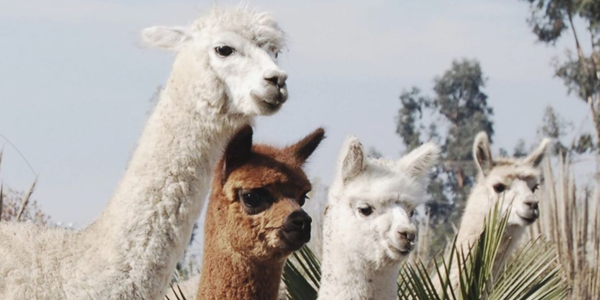
Biodiversity
At Emiliana along with the organic and biodynamic practices, the team work to protect biodiversity with a wide range of animals and plants. Encouraging the coexistence of different species within each of the vineyards. Alongside alpacas, horses, cows, birds, chickens, and sheep you see Native flora and fauna.
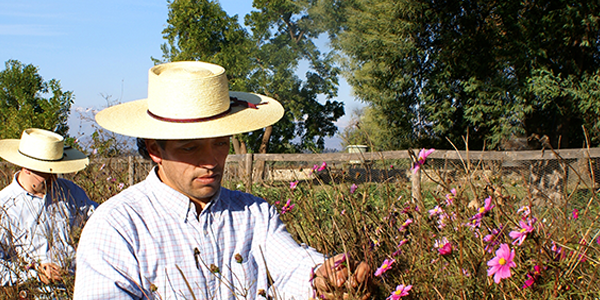
Organic Orchard
As part of Organic training for the team at Emiliana. Everyone working on site is encouraged to plant and grow their own vegetables. These are then there’s to take home to their families. Understanding how much better vegetables taste when they are grown organically gives aids in the implementing these practices into the vineyards.
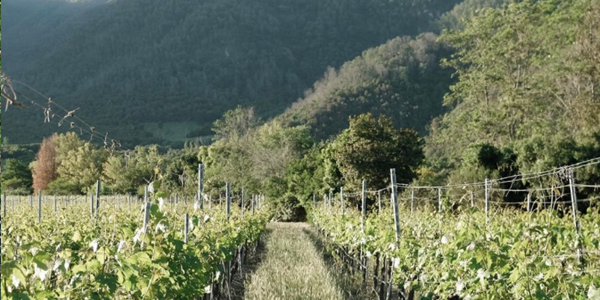
Cover Crops
Crops are grown between the vines in the vineyards, these are referred to as Cover Crops. The benefits of growing these crops includes avoiding erosion, improving soil fertility, and attracting beneficial insects. The cover crops also naturally provide nitrogen and nutrients to the soil. The beauty of the crop a sign of a healthy vineyard. These are an integral part of the organic practices of attracting insects and preventing them from attacking the vines.
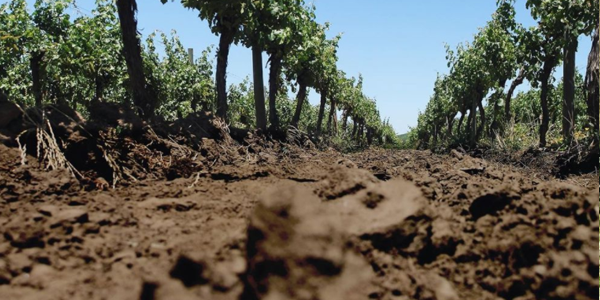
The vineyard soils
The soil in which the vine is growing, and its health are very important. The soils provide the nutrients and the microorganisms that allow the development of the vines. Which in term produce the grapes that are crafted into wines. Organically managed soils with lots of compost and organic matter allow bacteria and fungi to grow abundantly and contribute to carbon capture. This avoids its release into the atmosphere offering a concrete solution to climate change.
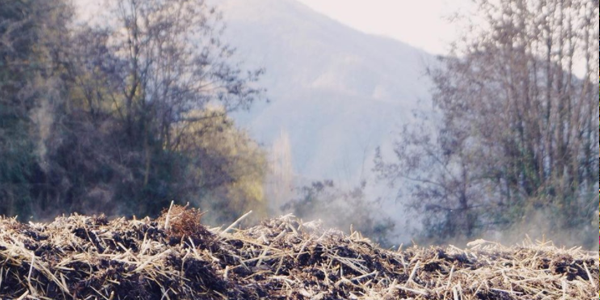
Biodymanic Calendar
Emiliana are a certified Biodynamic producer. Considered globally as the blenchmark. Biodynamic practices are worked to a Biodynamic Calendar. Through this the vines are exposed to and moulded by the forces that come not only from deep within the Earth, but also from the sky. Light from the sun, the moon and the planets with their cycles and rhythms; each of these cycles affects plant life differently, contributing to a particular and specific form of growth and development. By understanding these cycles and their influences, the different activities and agricultural tasks are timed to ensure they improve the quality of the vines they grow.
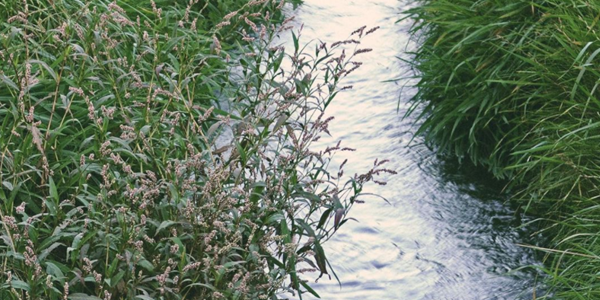
Biological corridors
Not all land at Emiliana is dedicated to vines. Quite the opposite in fact. This is a winery that understands the whole eco system. Creating biological corridors that include trees, plants, and flowers. With an aim for these to be native to the area. This ensures they are naturally adapted to the climate and water conditions of each vineyard. These corridors increase biodiversity, both in terms of vegetation and of beneficial insects, birds, and other animals.